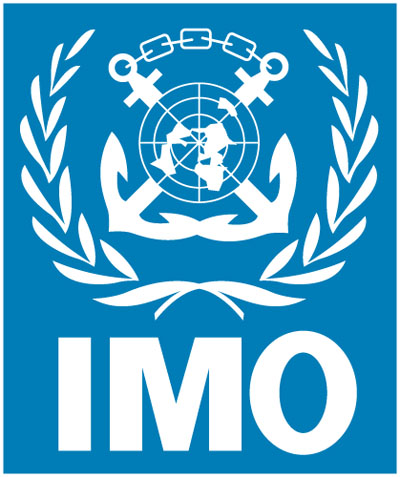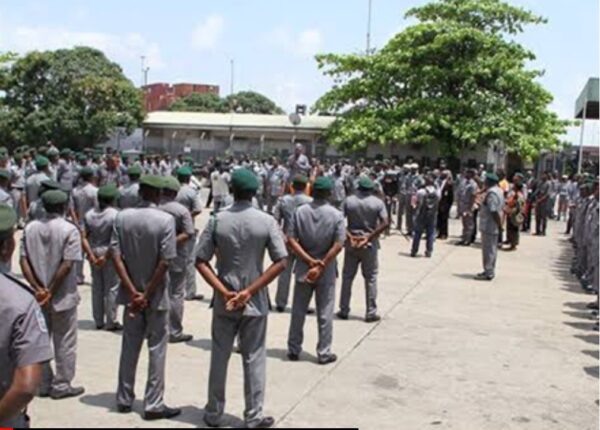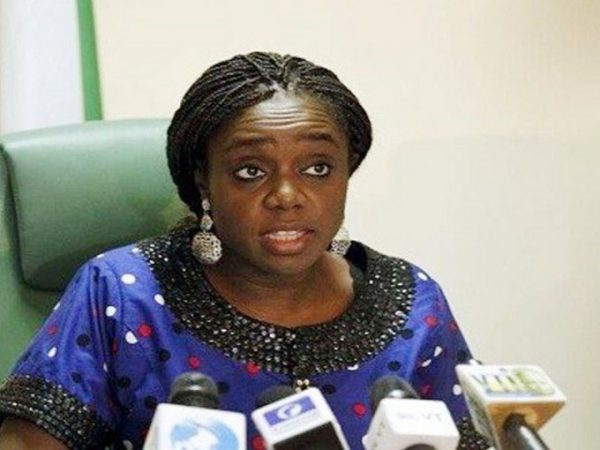IMO Council Elections: Secret Report That Would Have Changed Nigeria’s Fortune
- Nigeria beats Morocco, Egypt on gross tonnage
- NTP to solve Nigeria’s transport needs—Usoro
By Kenneth Jukpor & Oyeniyi Iwakun
According to an official pre-election article released by the IMO, Nigeria fared better in terms of gross tonnage of the world merchant shipping registered by Country, as recorded by IHS maritime and trade prior to December 31, 2016.
While Liberia was the highest African country on the IMO gross tonnage list, ranked second with 138,735,562 gross tonnage, only behind Panama’s 220,827,125; Nigeria was ranked 49 with 1,203,809 better than Morocco and South Africa ranked 78 (351,433) and 79 (348,391) respectively.
Egypt also ranked 52 with its 1,064,972 gross tonnage lower than Nigeria, yet these nations where able to pull more votes than Nigeria as the African nations jostled for the IMO Category C positions.
Reacting to the nation’s failure at the recent IMO elections, the President of Ships Owners Association of Nigeria (SOAN) Engr. Greg Ogbeifun said, “We will be deceiving ourselves if we pretend not to know that the IMO and the rest of the world are aware that our maritime domain has remained a high security risk and it is most unsafe for seaborne trade and activities such as piracy, hostage taking and kidnapping.
“That 22 years after the demise of the Nigeria National Shipping Line (NNSL), we have not been able to midwife the emergence of a Nigerian fleet be it public, private or fleet resulting from Public Private Partnership.
“IMO has passed a vote of no confidence on our maritime administration and if we do not do the right thing, which is taking the bold action of asking the leadership of the maritime administration to resign or the government should sack them. If we don’t do that, the International community that has not accepted us into the council will believe we are not ready to change.
“Government should stop giving excuses why they failed and look at issues in the industry. We have an administration for two and half year in office, things have gone worst, they have not even visited our maritime institution in Oron. Instead we are spending money abroad; the international community are laughing at us because they know we do not know what we are doing” he said.
Why Engr. Greg had to wait for over one year to disclose these issues remains worrisome as he had revealed this to MMS Plus in an exclusive interview before he asked that the report be put down following his appointment as Chairman, NIMASA Advisory Board.
Forty countries were elected into the IMO Council in three categories for the 2017/2018 biennial. These include China, Greece, Italy, Japan, Norway, Panama, Republic of Korea, Russian Federation, United Kingdom and United States in ‘Category A’.
Australia, Brazil, Canada, France, Germany, India, Netherlands, Spain, Sweden and United Arab Emirates were elected in ‘Category B’ while Bahamas, Belgium, Chile, Cyprus, Denmark, Egypt, Indonesia, Jamaica, Kenya, Liberia, Malaysia, Malta, Mexico, Morocco, Peru, Philippines, Singapore, South Africa, Thailand and Turkey were elected in ‘Category C’.
‘Category A’ Council members are countries with the largest interest in providing international shipping services, while countries in ‘Category B’ are those with the largest interest in international seaborne trade.
‘Category C’, which has 20 countries are those with special interests in maritime transport or navigation and whose election to the council will ensure the representation of all major geographic areas of the world.
The election, which took place in London at the weekend, had Nigeria as one of the countries seeking re-election by scoring 98 points in an election that saw five African countries; Morocco, Egypt, South Africa, Kenya and Liberia joining the group at the expense of Nigeria.
Recall that seven months ago, precisely on May 14th, 2017, MMS Plus published a lead story on “Nigeria Begins Move To Fail IMO Council Election, Again!”
Meanwhile, in another development, the Federal Government has received the final copy of Draft National Transportation Policy (NTP) which was submitted to the Minister of Transportation, Hon. Rotimi Amaechi by the Inter-Ministerial Committee for the Finalization, last week.
The NTP draft recognizes that management of transport activities already exists though inadequate; hence it advocates for an improvement in transport management for more efficiency and effectiveness via the execution of the National Transport Policy.
Considering the critical task of integrating the management of transportation, the report noted that it was necessary to modify the present institutional structures, establish effective multi-sectoral institutional framework within existing organizational structures and create new ones where necessary, to progress the implementation of the Policy.
Some of the recommendations in the draft include:
“New institutions which will require legislative intervention have been proposed. This category includes a National Transport Commission to serve as economic regulator for the transport industry.
“The NTP has a section on Strategic Action Plan. The Strategic Action Plan proposes a series of actions to materialize the goals and strategy for the future of Nigeria’s transport industry for the period 2018 to 2028. It contains a number of short, medium-term and long-term actions designed to enhance the implementation of the policy objectives of the National Transport Policy.
“The Strategic Action Plan is designed to serve as a guide for implementation rather than as a prescriptive work plan. It is expected to contribute to sector specific work plans in different government agencies, to help direct the work they undertake on behalf of the Federal government.
According to the Chairperson of the Inter-Ministerial Committee, Mrs. Mfon Usoro, this Final Draft of the National Transport Policy contained a set of progressive, practical ideas, goals and vision for a responsive, integrated and affordable transport system that is capable of meeting Nigeria’s current and future transport needs.
She asserted that the adoption and implementation of the NTP by all tiers of government will lead to a stronger Nigerian economy and a profitable future for the entire transportation service sector and for the many sectors that rely on transportation in a diversified economy.
“We, the members of this Committee, individually and collectively attest to this draft NTP as a FEC-ready document and remain committed to defend its content. Our wish is for the document to receive an accelerated attention by the approving authorities” the report concluded.
Copyright MMS Plus.
All rights reserved. This material, and other digital content on this website, may not be reproduced, published, broadcast, rewritten or redistributed in whole or in part without prior express written permission from KINGS COMMUNICATIONS LIMITED.








